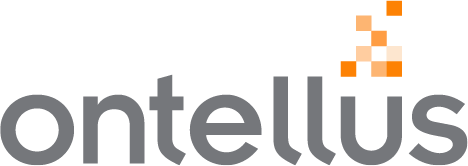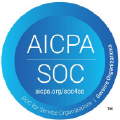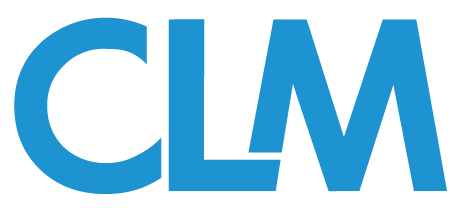Maintaining HIPAA compliance is vital for the continued success of your organization or business and the protection of your patients' well-being. Implementing the following five tips will help you enhance compliance, stay ahead of potential breaches, and ensure the security of patient data.
Analyze Your Risk Points:
One of the most effective ways to improve HIPAA compliance is to assess where customer and patient data "lives" within your workplace. Create a list that outlines the entry points, storage locations, and exit points of patient data. Look for any potential weaknesses or vulnerabilities in this information pipeline. Using HIPAA-compliant software for health information exchange can assist in monitoring the flow of information and identifying and addressing potential risks.
Break Out the Shredder:
If your organization still relies on stacks of paper records, it is advisable to consider scanning and shredding those documents. Storing data digitally using HIPAA-compliant software is a more efficient and secure approach compared to managing physical records. The increasing digitization of healthcare, coupled with utilizing health information exchange, makes transitioning to digital records a smoother process.
The Human Element:
Regardless of the quality of your protocols and software, their effectiveness ultimately depends on the people who operate them. Even if you have top-of-the-line HIPAA-compliant software, neglecting to invest in your employees' training leaves room for data risks. Providing proper training on health information exchange is one of the most critical steps you can take to improve HIPAA compliance. The more knowledgeable your staff is, the better equipped they are to ensure compliance.
Compliance Breach Response Plan:
Preparing for a compliance breach is one of the best ways to improve overall compliance. Even the most compliant companies using the best HIPAA-compliant software may experience accidental breaches. The key difference lies in how prepared you are to respond. Your response plan should cover your entire information flow, including health information exchange. Ensure that it addresses not only minor breaches but also major ones. Conduct table-top exercises involving key personnel to simulate various breach scenarios and determine appropriate actions. A strong plan will prevent your organization from being caught off guard and mitigate the impact of a breach. Remember, preparedness is a vital component of HIPAA compliance.
Utilize a Health Information Exchange:
Leveraging a health information exchange, such as Ontellus, is another effective way to maintain HIPAA compliance. Using a digital platform to retrieve and manage patient information, coupled with HIPAA-compliant software, minimizes the risk associated with handling numerous paper files. Services like Ontellus help manage HIPAA compliance by offloading some of the work to trusted and compliant third parties.
HIPAA compliance is crucial for the continued success of your organization or business and the well-being of your patients. By implementing these five tips to improve compliance, you can proactively address potential breaches, keep patient data safe, and maintain a strong compliance posture. Remember to regularly assess your risk points, invest in employee training, develop a breach response plan, and leverage health information exchange platforms. Upholding HIPAA standards is essential for the integrity of your organization and the protection of patient information.
Have additional questions?
Contact Us Today!Topics: Data Security






